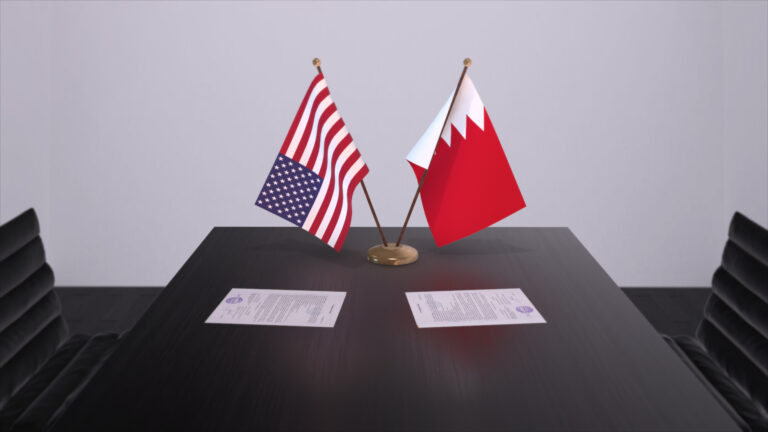September 25, 2025 | Dubai, UAE: Private sector companies across the UAE are implementing comprehensive 100-day maternity leave policies and enhanced family benefits to attrarct skilled Emirati professionals. These initiatives align with the UAE’s ambitious Emiratisation drive under the Dh24 billion Nafis programme, which targets creating 75,000 jobs for Emiratis in the private sector by 2026.
Emirati job seekers are increasingly prioritising work-life balance and family support over salary when evaluating private‑sector roles, with three‑quarters strongly preferring flexible working hours and arrangements. Companies are responding by competing more on benefits and family‑friendly policies such as a revamped paternity leave system, amid record Emirati participation in the private sector and notable dissatisfaction with pay.
Leading Companies Embrace Extended 100-Day Maternity Leave Benefits
DP World stands at the forefront of this transformation, introducing 100-day maternity leave alongside comprehensive family support programmes. The global logistics giant has also implemented a revamped paternity leave system and established employee-led family support groups, with plans to open workplace nurseries across multiple locations.
Ahmed Al Qasim, Vice President of Talent Management at DP World GCC, emphasises that these policies aim to “make employees happy and increase productivity” while supporting professional development through flexible working arrangements.
Competitive Benefits Package Supports Jobs for Emiratis in the Private Sector
Beyond the 100-day maternity leave, companies are offering attractive compensation structures to secure jobs for Emiratis in the private sector. The Nafis programme provides significant financial incentives, including monthly salary top-ups of up to Dh7,000, child allowances of Dh800 per child, and pension contributions.

Government subsidies such as Nafis wage support, paired with corporate benefits like travel allowances, comprehensive health insurance, and structured training, are making private‑sector roles increasingly competitive with traditional government jobs. This shift is reinforcing demand for jobs for Emiratis in private sector as policies give priority to Emiratis with private‑sector experience and employers enhance benefits to attract national talent.
Flexible Work Arrangements Revolutionise Traditional Employment Models
Companies are implementing innovative work-life balance solutions that complement extended maternity benefits. Adidas offers remote work options two days per week and flexible schedules, particularly accommodating students seeking jobs in the private sector.

“We focus on results, not the number of hours,” explains Mahdi Abdullah, Emiratisation Manager at Adidas. Similarly, e& Group provides remote work options, flexible schedules, and study leave for employees pursuing continuing education while maintaining their professional commitments.
Enhanced Paternity Benefits Through Revamped Paternity Leave System
The revamped paternity leave system represents a significant shift in corporate policy, with companies extending traditional leave periods and introducing support mechanisms for new fathers alongside 100-day maternity leave. DP World’s enhanced paternity policies include emergency leave provisions, nursing hour extensions from one to two hours daily for 12 months, and partnerships with discounted nursery services.

These comprehensive reforms align workplace policies with modern family needs by expanding parental benefits, recognising flexible work arrangements, and clarifying leave entitlements, while keeping employers compliant with UAE labour regulations. They also advance the national workforce development agenda, improving retention, strengthening private‑sector competitiveness, and supporting Emiratisation underpinned by a revamped paternity leave system.
Record Achievement in Private Sector Employment Targets
The UAE has exceeded its initial Emiratisation goals, with over 136,000 Emiratis now employed in the private sector across 28,000 companies by April 2025, far surpassing the original target of 75,000 by 2026. Companies with 50 or more employees must achieve a 2% annual increase in Emirati skilled workforce participation, reaching 10% by 2026. Non-compliance penalties start at Dh6,000 per month per unfilled position. The success reflects how enhanced benefits packages, including 100-day maternity leave and a revamped paternity leave system, effectively attract and retain national talent while supporting jobs for Emiratis in the private sector.
The transformation of UAE private‑sector employment practices demonstrates how comprehensive family benefits such as 100‑day maternity leave and a revamped paternity leave system are directly supporting stronger Emiratisation outcomes by aligning with national talent priorities and accelerating private‑sector participation. Companies investing in extended leave and flexible work are not only meeting Emiratisation compliance targets but also gaining an edge in talent attraction and retention, strengthening pipelines for jobs for Emiratis in private sector.
Read More: Crypto Tax Rule 2025: UAE’s New Crypto Tax Plan Unveiled














